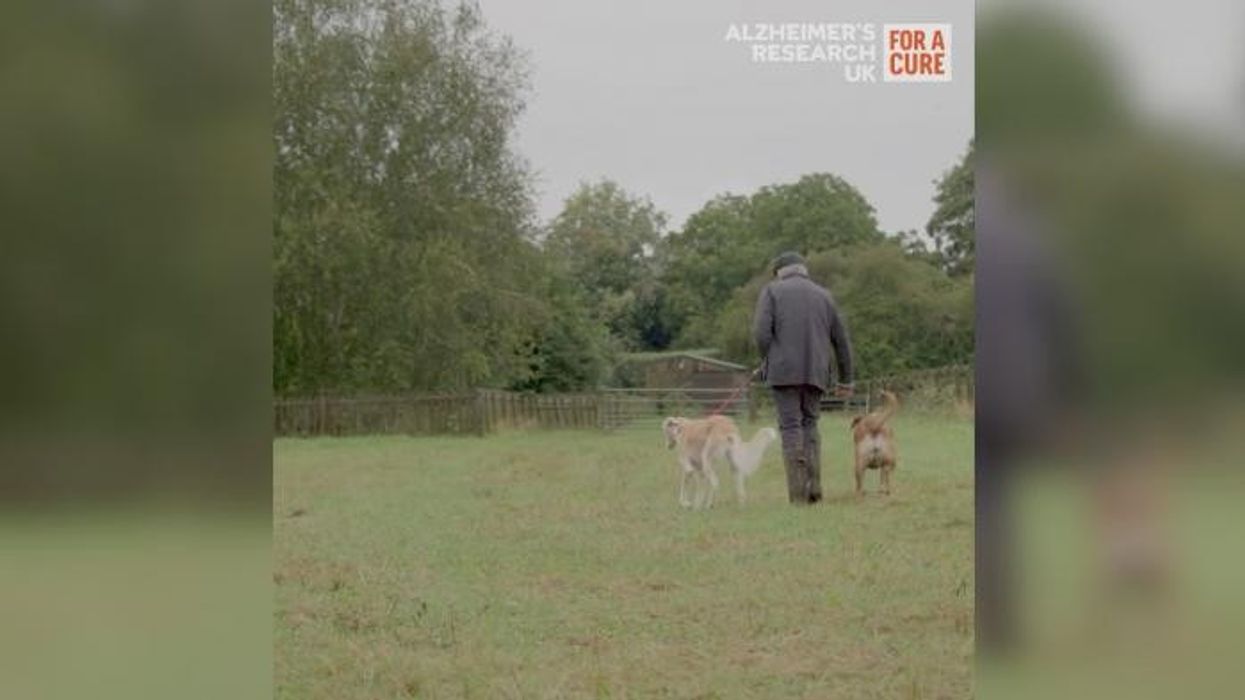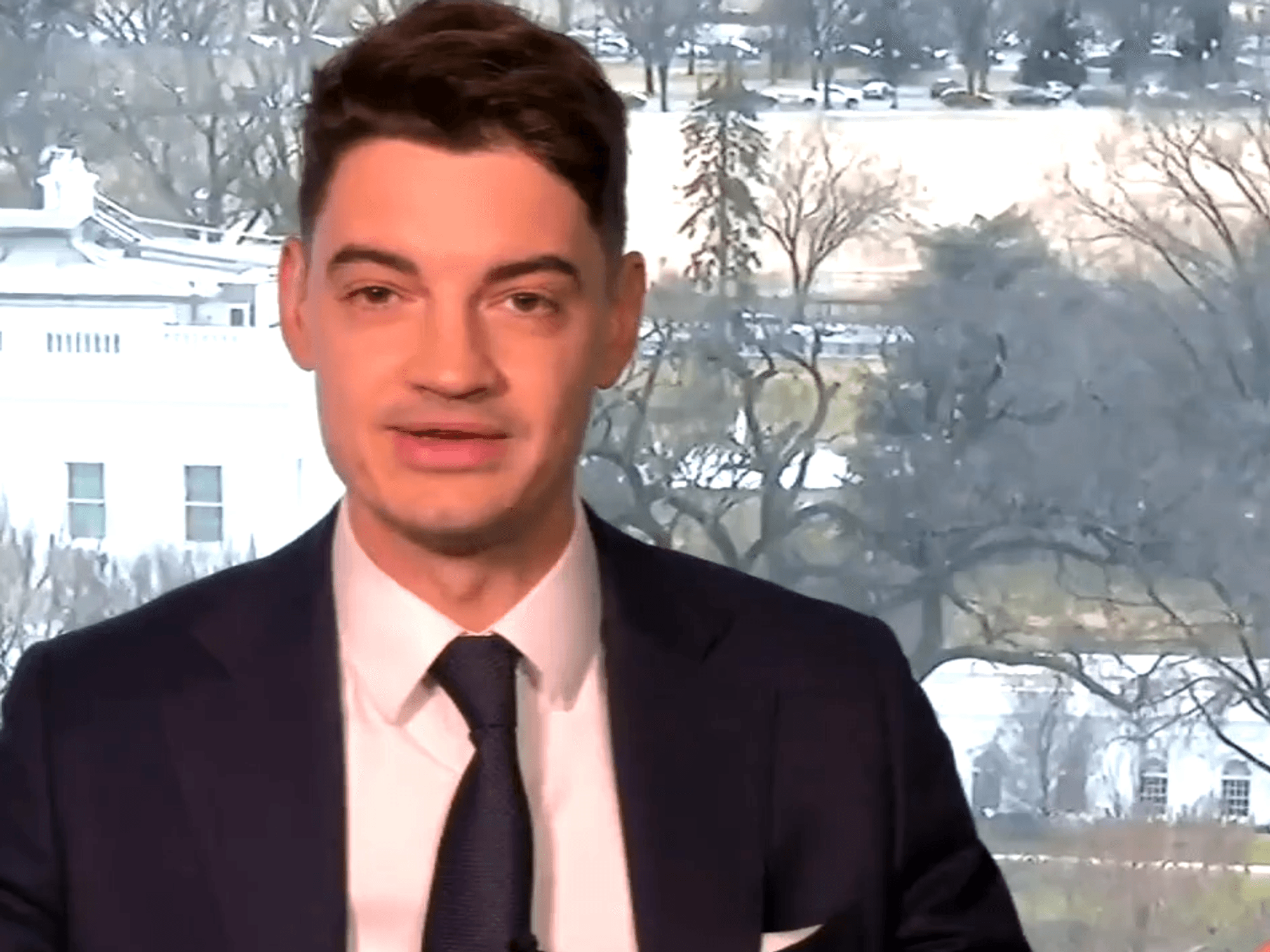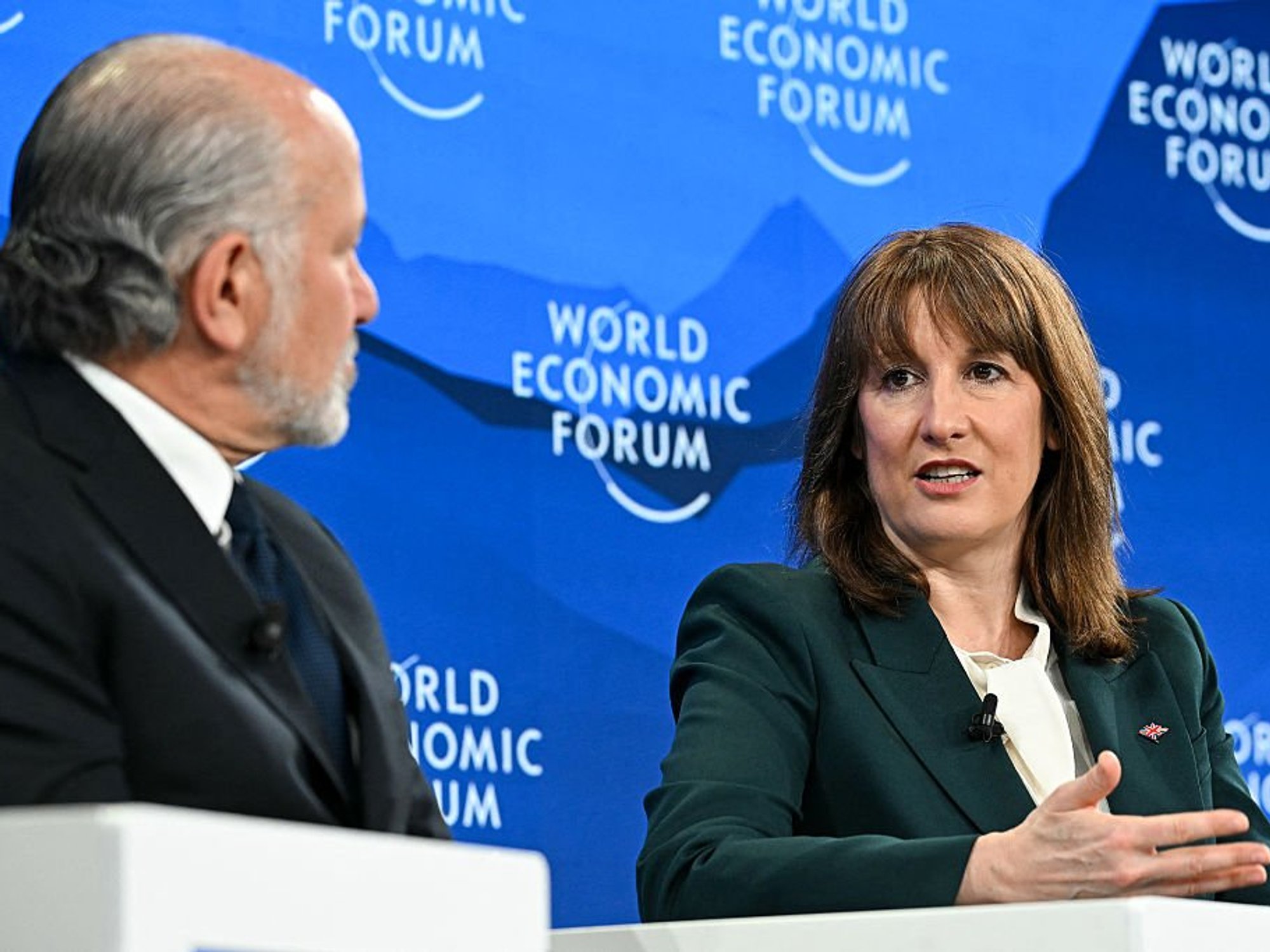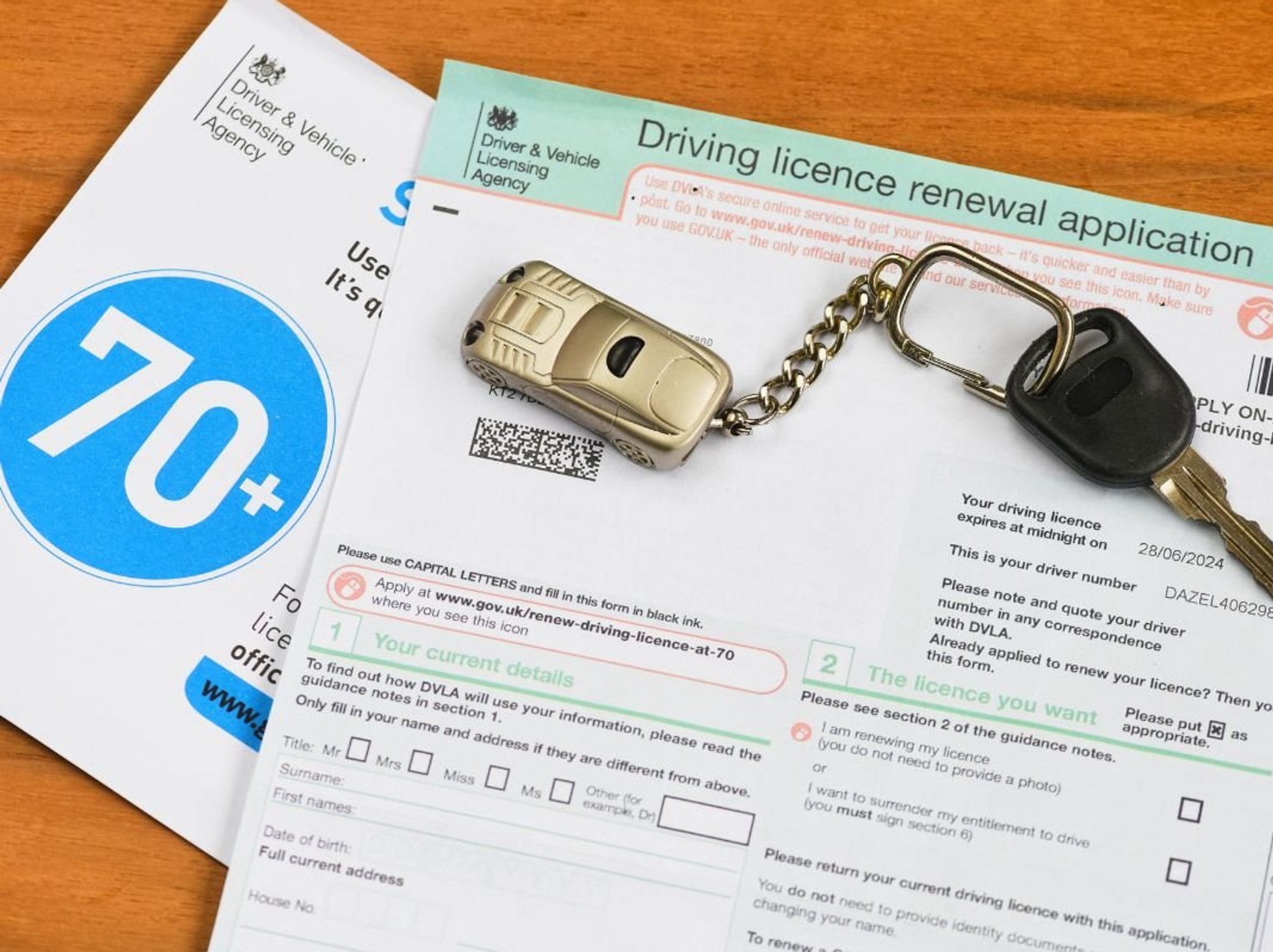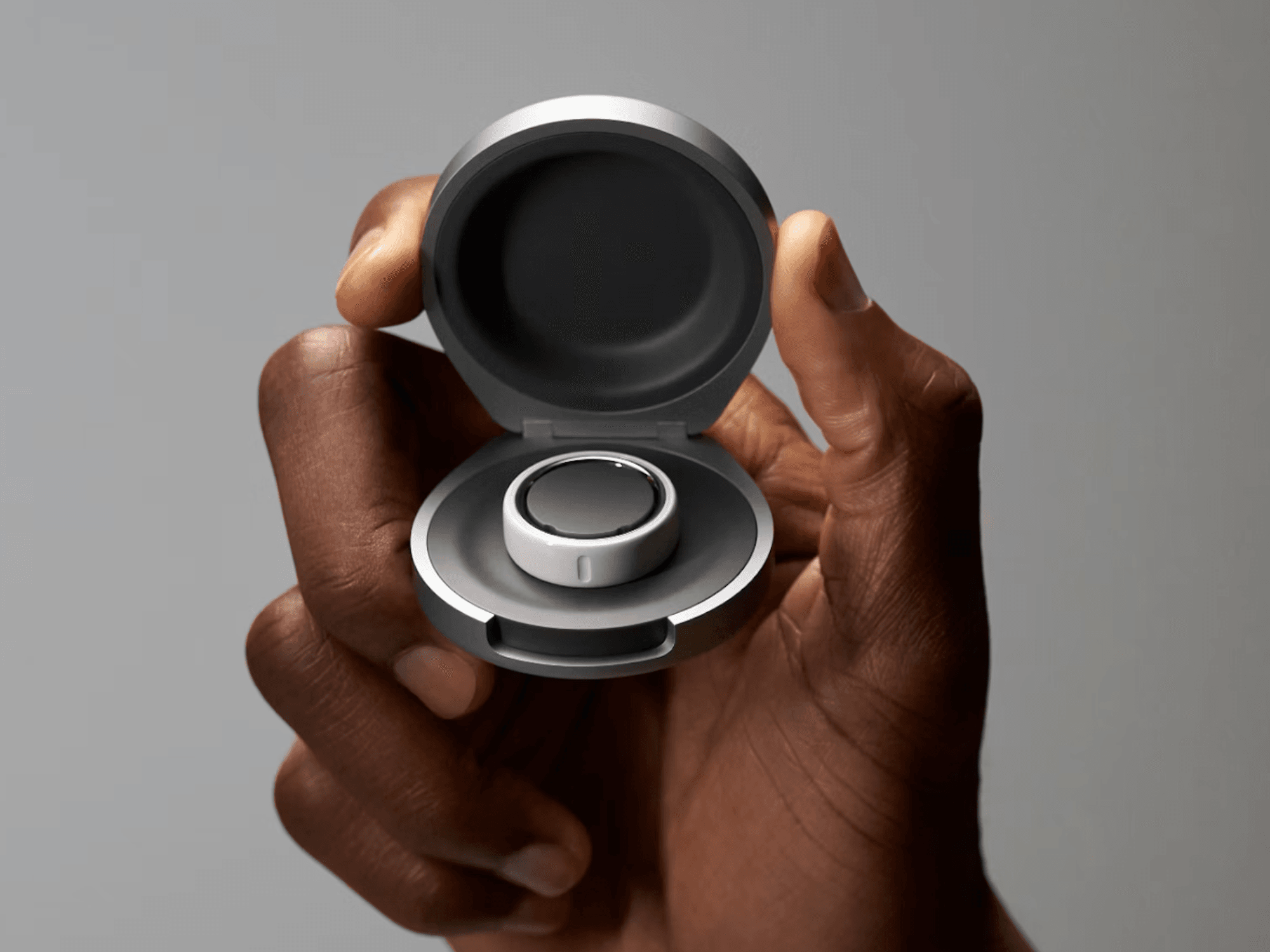Alastair Stewart: I received some very sad news this week - but it did make me reflect on my own life

By Alastair Stewart
Published: 20/07/2025
- 07:00The death of a respected cameraman prompts Alastair Stewart to reflect on how much the industry has changed, and Labour's diminishing fortunes keep his mind busy in this week's Living With Dementia
Don't Miss
Most Read
The week began with sad news from a very dear old friend, Anne Turner, a former vision mixer at Southern ITV, where I started my career and met Sally. Anne is part of a special group of people who became friends back then and have remained so ever since.
She sent an email to let us know that a man named Dickie Bunn had died. Dickie was a good man and a gifted studio cameraman.
These were the days when news was shot on film, not video, by skilled film cameramen. When video was introduced for everyday news coverage, staff numbers were cut, and some of the artistry began to disappear from the craft.
The days before videotape, memory chips, and satellite dishes were so very different. Cameramen used 16mm film cameras, Arriflex and Bolex were among the favourites.
These cameras were technically advanced and relatively lightweight for the time. Some had a range of lenses you could switch between with the twist of a bevel. One of the heaviest parts was the film magazine mounted on top.
These would be removed, and the cameraman (or his assistant) would reload them.
You may recall, in the days before smartphones and digital cameras, how you would drop your film off at the chemist for developing, and later collect your holiday snaps. TV news in the 1970s and '80s wasn't totally unlike that.
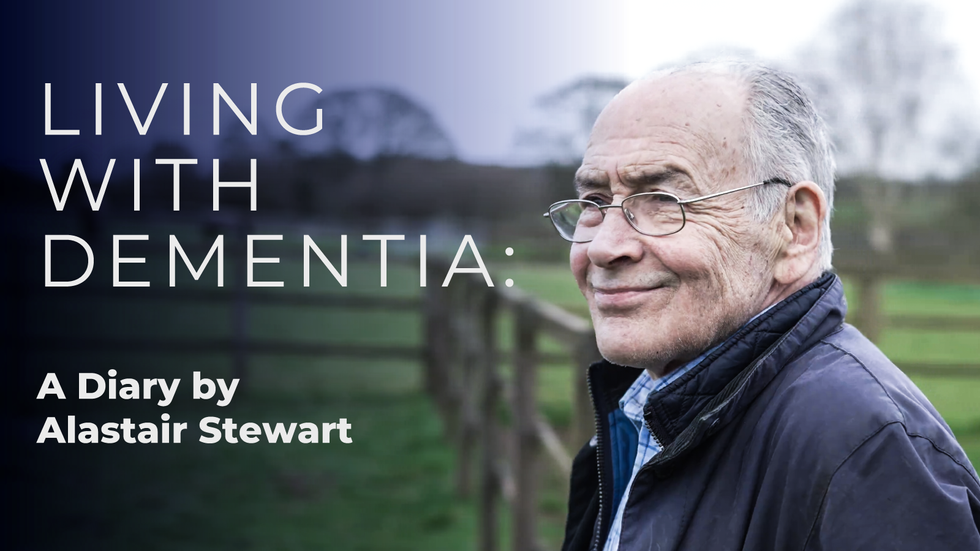
Alastair Stewart receives some very sad news this week in this week's Living With Dementia
| GB NEWSThe film had to be developed in deep tanks, dried, and then edited on mighty machines called Steenbecks.
At Southern TV, when the company ceased to exist, the leftover chemicals and minerals, including gold and silver, were extracted from the developing fluids.
These were made into little commemorative pots, which we were all given as mementoes of genuinely good times.
Sound was recorded on a magnetic strip along one side of the film. If a bit of film tore during processing, a sliver would appear across the image; this was called "a hair in the gate".
Once you had the shots you needed, they were cut and hung on hooks over big buckets.
The film editor would then glue them together. And lo and behold, you had your report.
The best cameramen edited in their heads as they shot, lining up the sequence for easier, faster editing.
Time has always been vital in reporting — the race to get the best pictures on screen first. But the film, with its processing delays, gave reporters something invaluable: time to think. That is still a rare and precious commodity.
With video and digital came speed, and satellite broadcasting from a location. But haste introduces errors. Sloppiness can creep in. Never forgo "think-time", a golden rule.
Video cameras are heavier than film cameras, and all the satellite and editing equipment adds to the bulk. I remember being especially thankful for the gear during coverage of the Maastricht Treaty in 1992.
Being rather short, my cameraman had me stand on stacked aluminium camera boxes so he could frame both me and the conference centre behind.
Another memory: returning from the first Gulf War in a chartered aircraft, the pilot told us the cargo was too heavy. Something had to be offloaded, crates of champagne or crates of video equipment.
Having just spent three months in alcohol-free Saudi Arabia, we weren’t about to leave the champagne behind. So thousands of pounds' worth of video kit was left scattered around the airport. I like to think it was put to good use by the locals.
Dickie Bunn, the same man we lost this week, once filmed my departure in the Goodyear Blimp to cover the Royal Wedding of Charles and Diana from the air.
Despite my dementia, I remember it all vividly, especially the race to Romsey and Broadlands with Southern Railway. We won. It was an amazing day for TV news - if not for lasting marriages.
Last week, I wrote about the Macron-Starmer talks on illegal immigration. They resulted in a one-in, one-out deal, which doesn’t work mathematically, politically, or diplomatically. I’ve heard from reliable sources that many of the best and brightest are leaving the Foreign Office.
When I was at university, the civil service attracted top talent, the Foreign Office and Treasury especially. I’m not sure whether the Treasury is also experiencing an exodus, but given the current leadership, it wouldn’t surprise me.
Thinking of the Treasury reminds me of a conversation I once had with Nicola Horlick, then known as the City’s “Superwoman”.
She was a neighbour who became a friend. I asked why HMRC and the Treasury were so ineffective at tackling tax evasion.
“Simple,” she said, adding: “If they recruit anyone good, we poach them.”
On tax, working people, and what constitutes a modest salary, Starmer twisted and turned, as lawyers do.
Meanwhile, on public spending, Conservative leader Kemi Badenoch struck a strong note, saying her party is the only one that believes the state should live within its means.
There's little she or anyone else can do to dent Labour’s massive majority, other than win by-elections.
Labour rebels, on the other hand, can do damage. And this week, by punishing a group of persistent rebels, Starmer trimmed his own majority by four.
A good end to the week for the opposition, who, no doubt, are rubbing their hands with glee.


